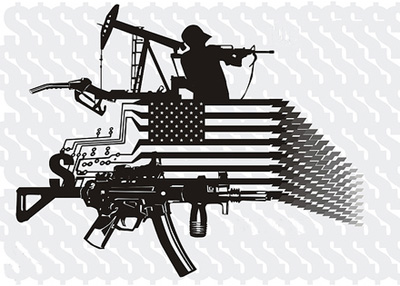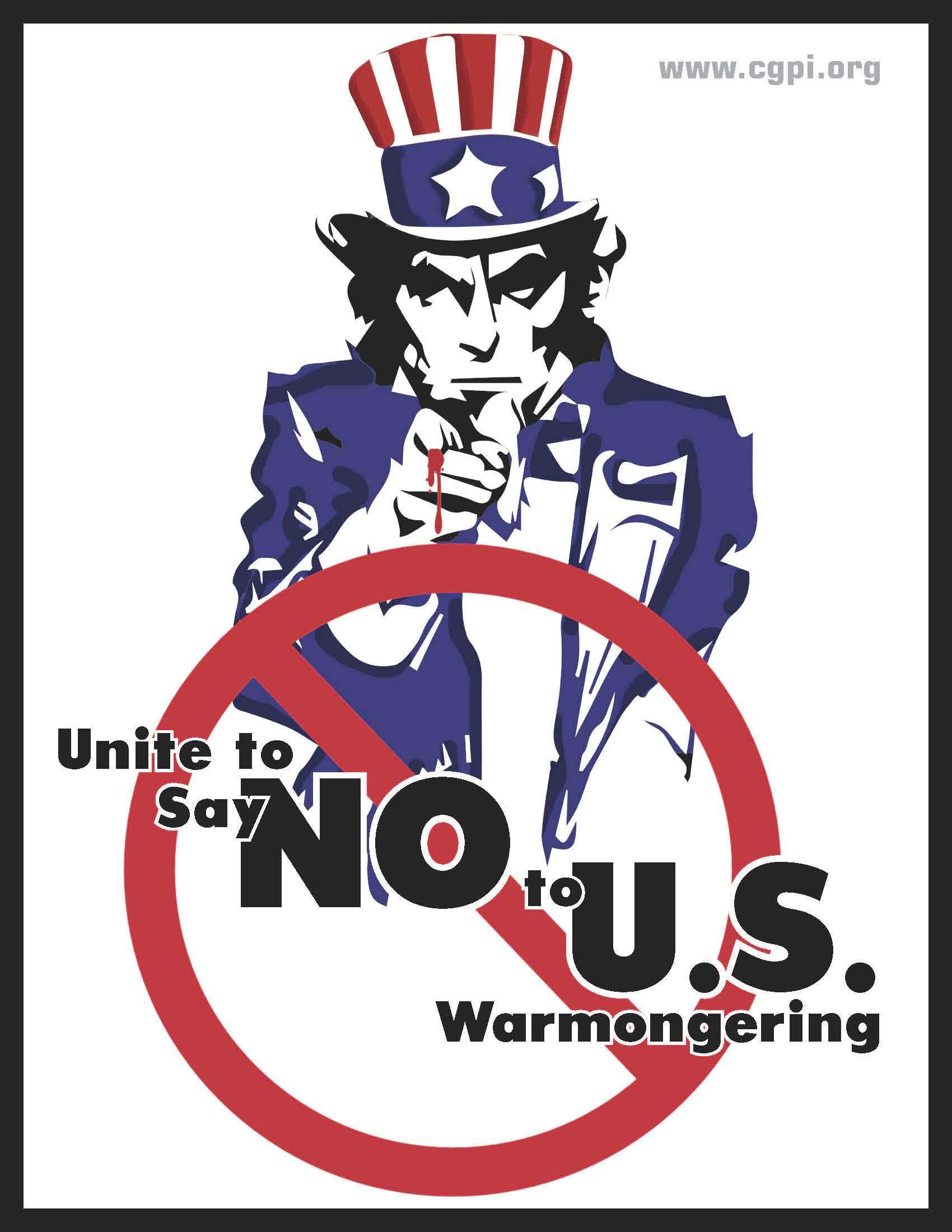 Jamie C.
Jamie C.
Although by the standards of the Moratorium years, the Sydney May Day rally last Sunday was relatively small, it was certainly no less enthusiastic.
Workers and supporters in their thousands marched with their unions or with political & single-issue organisations to which they were affiliated.
Of particular interest in the latter category was the Action for Public Housing, which put out an excellent, militant leaflet “Saving Public Housing” with a picture captioned “Mike Baird the 'Bulldozer Man' is destroying communities and homes” and comparing Government promises to build more public housing with the reality of 3200 evictions, and 1500 homes built versus a waiting list of 60,000.
Another single-issue leaflet was entitled “Walk for Justice”. It pointed out that whilst a NSW government parliamentary inquiry two-years ago had made 15 recommendations regarding the unsolved kidnap & brutal murder of three children 26 years ago, the parents were still fighting for justice.
The bourgeois media love to promote individualism but as far as caring for the just rights of individual workers and their families, crocodile tears are weeped but helpful action rarely ensues.
Workers from all ethnic backgrounds
The diversity of ethnic origins of the workers who were prepared to be counted was an inspiring spectacle as we all rallied with unity of purpose to “fight to defend our rights and liberties”, in the words of the Eureka miners.
Important May Day statements were issued by various international working-class organisations including the Worker-Communist Party of Kurdistan Abroad Organisation, the Worker-Communist Party of Iran (WPI) , and the Philippines Australia Union Link (PAUL).
The Kurdistan party emphasised the international working-class significance of May Day: “The main message of May Day is to bring to the front the common interests of the entire proletariat worldwide. May Day has no national, religion or ethnic identity. Our common struggle for a better life inevitably depends on setting a political goal before us: a political struggle that aims at the abolition of wage-labour, private property and thus classes. The camp of the proletariat, of workers—for all the variety of thoughts, ideals and tendencies and from the Far East to the North West—represents the will to change the world in favour of the oppressed and the whole humanity.”
The WPI said: “The International Workers' Day is a day in which we must come to the fore against the top 1%, against the banks and parasites... May Day in Iran is above all a day of protest against the Islamic regime of Iran, the government of billionaire Ayatollahs. It is a day of protest against below-poverty-line wages and the unemployment of millions, and a day to struggle for the right to organise and strike.”
PAUL's leaflet called for solidarity with Filipino workers and stopping Australia's military aid to the death squads. Glencore Copper whose operations had been managed from its Brisbane office was linked to political murders in October 2012 in Mindanao involving the massacre of a 27 year old 2-months pregnant wife of a respected tribal leader, Dagil Campion, and their two daughters aged 7 and 13. In January 2013, Dagil's brother was also killed during a military operation. Dagil was leading a cultural campaign against a mining project on their ancestral lands.
PAUL paints a dismal picture of the Philippines labour system, likening it to slavery: “The workers have few or no rights, and their income is less than subsistence... If they protest by forming a union and going on strike, the Labor Department outlaws the strike, and the police and goons are used to smash the picket lines and arrest leaders. Military death squads assassinate effective union leaders.”
PAUL is working to have all Visa 457 guestworkers in Australia—over 100,000 from Asia—join their union and supports them when they complain of abuses. It opposes the basic concept of temporary guest labour without equal rights, and instead supports permanent migration where the migrant worker has equal rights, secure residency and a fair pathway to citizenship.
The CPA (ML) at May Day, Sydney
The special May Day issue of Vanguard, distributed by party members and supporters, was well received. Obviously, it was not something that could be read in detail on the spot but many expressed interest in sitting down at home and reading it at their leisure. The task for the party now is to convert this good will into joint action over issues of mutual concern.
Meeting up with other hard-working comrades from the likes of the Kurdistan party, the WPI and PAUL, gives me much hope that real progress can be made here.
Spirit of Eureka
Spirit of Eureka (SoE) Sydney members handed out 1000 of the Australia-wide collaborative May Day flyer, “For an Independent Working Class Agenda” and marched displaying the banner. Both attracted good feedback with the banner being photographed quite a few times by other marchers.
Additionally, Sydney SoE members handed out a local leaflet contrasting the inaction over crimes committed by construction giant, Leighton Holdings, with the lack of basic rights afforded to CFMEU workers arraigned by the Australian Building and Construction Commission (ABCC) and exemplified by the case of the courageous South Australian building worker, Ark Tribe.
This leaflet was very closely read by CFMEU leaders who thanked SoE members for their valuable support and indicated that they will distribute it to their members.
Victoria Park and the CFMEU
The May Day rally assembled at Belmore Park near Central Railway station and then marched to Victoria Park where there was a speakers' stage & tent erected, as well as quite a few stalls and fun stuff for the kids. As this was a great success, it will be repeated next May Day—stalls providing the party and SoE with an excellent opportunity to promote our paper, leaflets and booklets as well as sell “Fight for a Working Class Agenda” T-shirts.
There were excellent speakers from a number of unions including the nurses and the MUA, but the highlight of the day was without doubt the militant and heartfelt speech of Dennis McNamara, representing the CFMEU.
He took to the stage accompanied by his children and described the vicious conditions which workers & union organisers in the construction industry were subjected to, through the Australian Building and Construction Commission (ABCC): a building worker can be required to attend an ABCC hearing, can be forced to answer all questions about who said what at a safety meeting, can be denied the right to choose a lawyer and can be forced, on pain of a gaol term, to remain mum to his family about even having gone to an ABCC hearing. Murder suspects and drug addicts found with ice on them had more rights than a construction worker struggling for decent safety conditions for himself and his mates.
McNamara said that although he had two young children he was working hard to support and was needed by his family, if push came to shove and the ABCC was reinstated, he would refuse to give up other workers in their secret interrogations even if it meant a stint in gaol. Such is the spirit and principle of the working class!
The slogan “Dare to struggle, dare to win” comes to mind.
The CFMEU and their construction workers are daring to struggle. They are daring to struggle for decent conditions. They are daring to struggle for safety for their members.
The safety conditions today in the construction industry are appalling with a worker suffering on average a serious injury or dying every six minutes of working time according to the CFMEU's website.
This is the case because construction workers are pitted against a ruthless & powerful foe that comprises the construction giants backed up & organised by the Business Council of Australia (BCA)–an important strategic think tank and fighter for monopoly capital in Australia. The BCA aims to further the interests of the largest corporations in Australia, to maximise profits for them under the slogan of “productivity” and to ensure a docile and compliant working class will fulfil the conditions required to secure the superprofits their member companies greedily require. It is therefore no surprise that the BCA is demanding the reinstating of the ABCC.
Dennis McNamara said that the CFMEU will never be docile nor compliant so it is targetted. It is daring to struggle and it will dare to win.
The next to speak was an MUA rep who took to the floor in solidarity. He said he was proud that the MUA was joining forces with the CFMEU and promised that the merging MUA members will fight alongside their comrades for justice and for the basic rights that they are being denied.
These May Day speakers were an inspiration to all who heard them.
The struggle of the CFMEU against monopoly capital is an important component of the struggle for Australian independence and socialism.
Their struggle gave to May Day Sydney real proletarian content and deserves the highest support.







